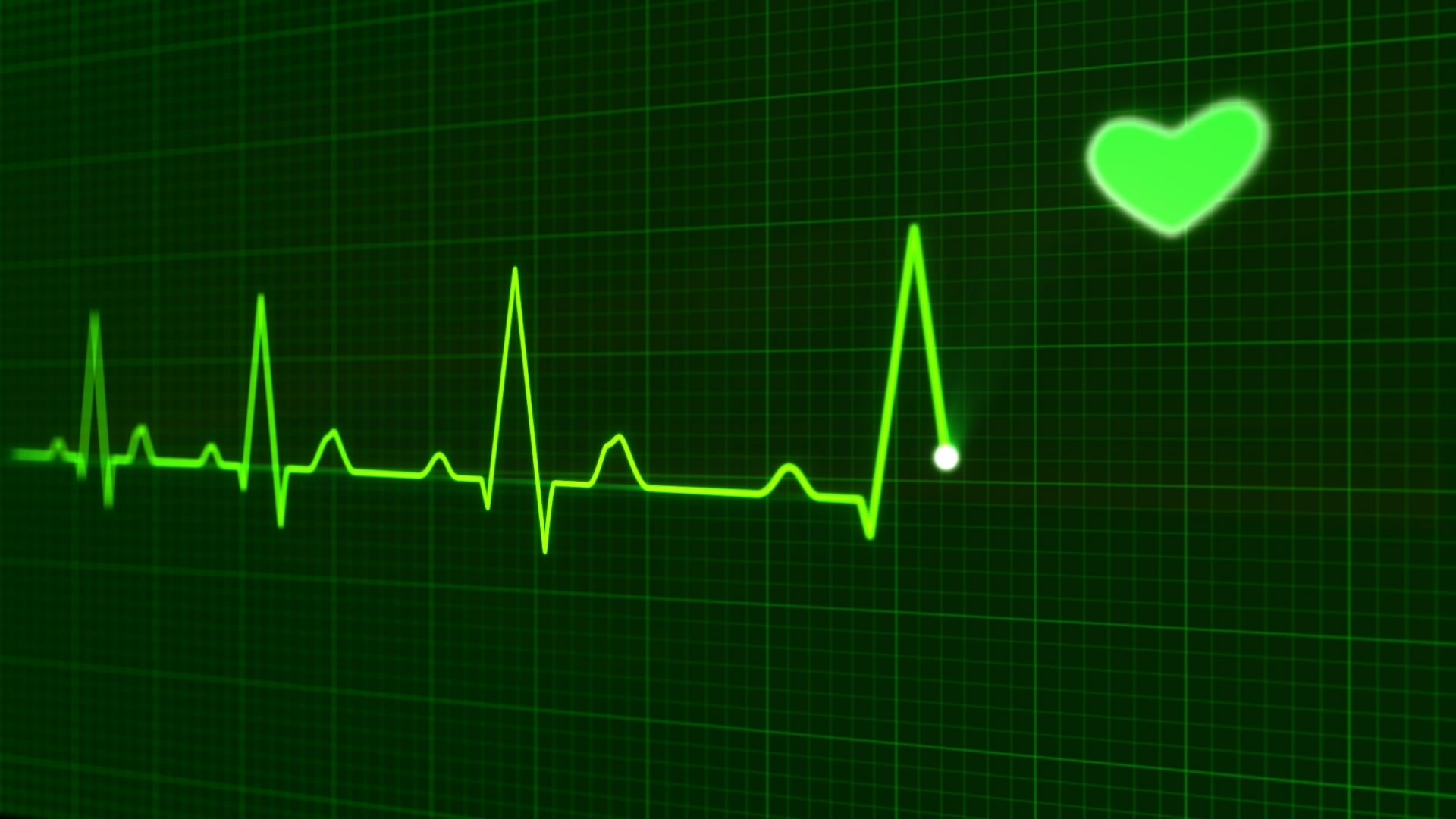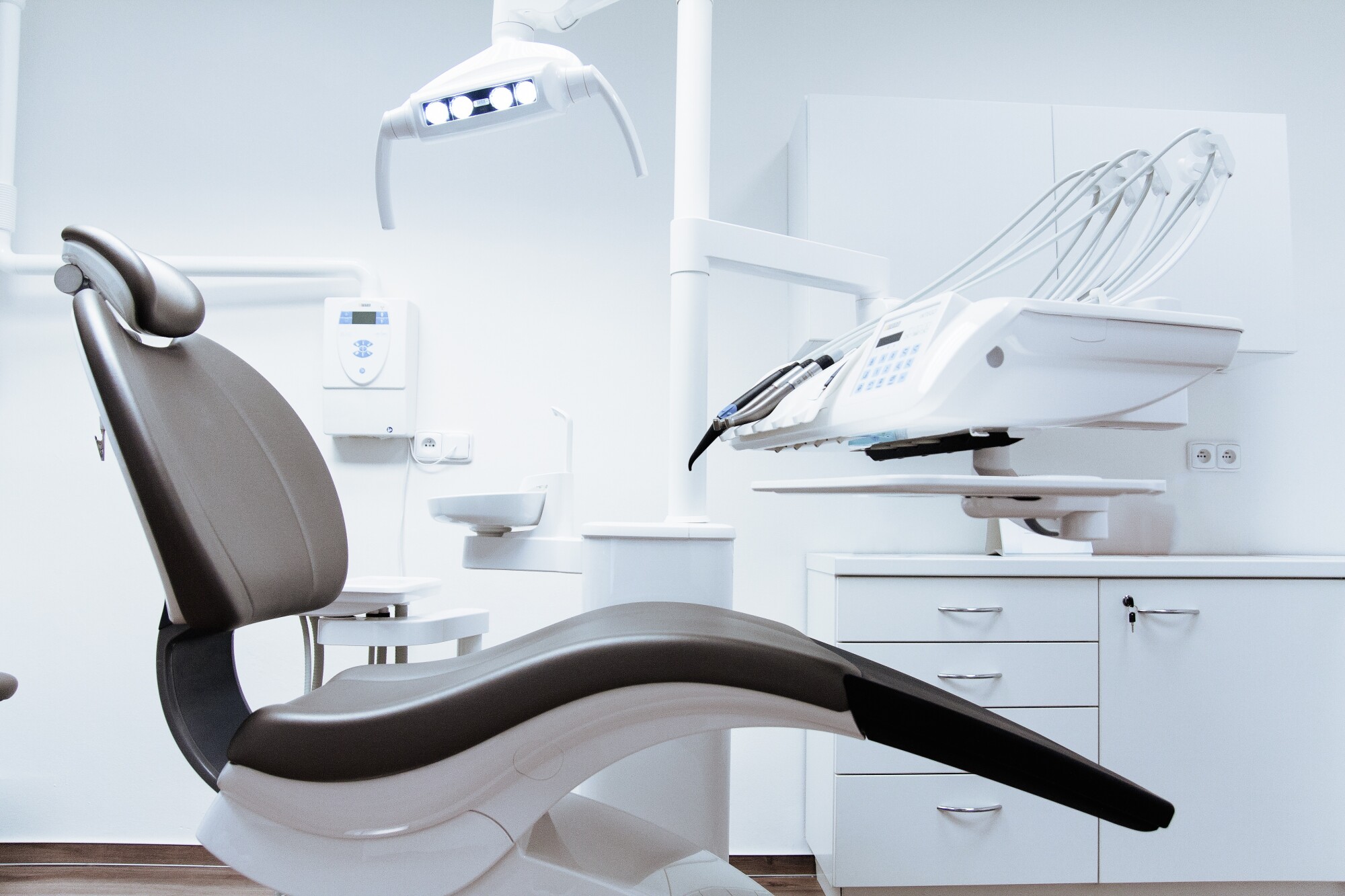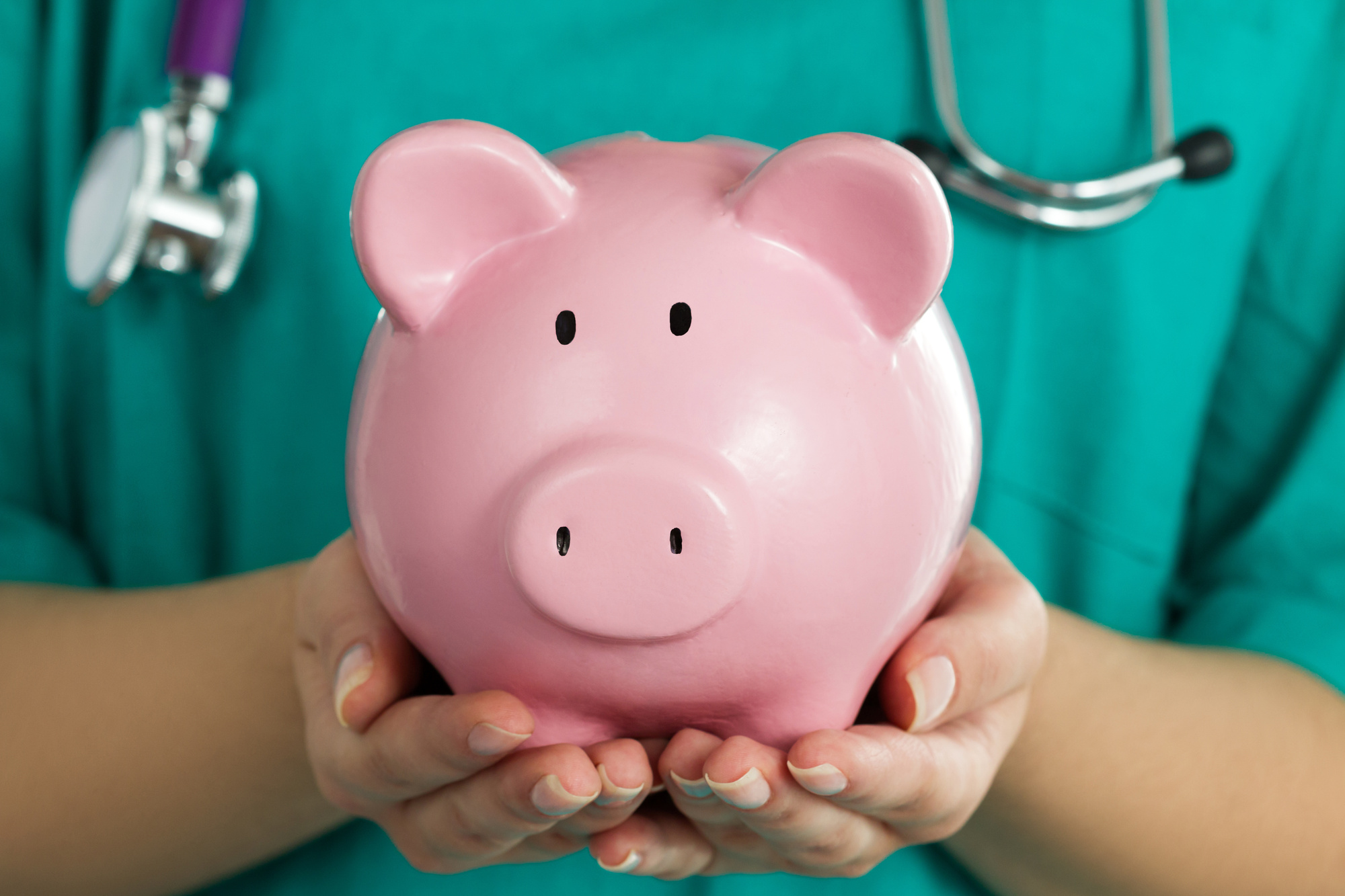3 Reasons For Irregular Heartbeat and When to See a Doctor

Are you worried about heart health? Eating a heart-healthy diet and getting regular exercise aren’t the only things you can do to stay well.
Keeping track of your heartbeat and other symptoms can help you decide if you have a serious health condition. From common irregularities to more serious problems, your heartbeat is a good indicator to pay attention to.
Here are some possible causes and times when you need to see a doctor about your irregular heartbeat.
1. Serious Irregularities
Your irregular heartbeat can be a sign of atrial fibrillation. Your atria (top heart chambers) experience irregular electrical signals and don’t contract as well.
The heart beats irregularly and often much faster than usual. Because of the irregularity, the heart’s rhythm isn’t coordinated and can’t pump out all the blood. It pools in the heart, and it can cause clots.
This is dangerous when the clots travel and can cause a stroke. This page will tell you more.
2. Hearing or Feeling Your Heartbeat
If you’re searching for “hearing heartbeat in ear,” don’t worry. This is usually a minor condition called pulsatile tinnitus, and it has to do with a blood vessel near your eardrum. It’s treatable, so if it doesn’t go away and it’s bothering you, ask your doctor about how they can help.
If you’re feeling your heartbeat in your stomach, this is also normal most of the time. One of your major arteries is there, and it’s common to feel it, particularly when you lie down.
Yet if you’re having other symptoms with it, like intense pain, nausea, trouble breathing, or weakness on one side of the body, call your doctor right away. Sometimes you can develop abdominal aortic aneurysms, where the wall of your artery weakens and opens to cause a leak. Depending on the severity, your doctor may have to intervene surgically.
3. Irregular Heart Rate
Your heart could be beating at a different rate than usual. If you’re not sure, here’s how to check your heart rate. Two kinds of rate changes are rapid heartbeat or tachycardia, or the opposite, bradycardia, meaning your heart beats too slow.
A normal heart rate for adults is between 60 and 100 beats per minute. If you have a lower heart rate than that, chances are you’re an athlete or very physically active. Keep in mind these changes can happen when you have too much caffeine, as well as other external factors.
If your heartbeat is that low (or constantly higher than 100) and you’re not an athlete, you should talk to your doctor. Pay attention to whether you have other symptoms with your irregular heart rate, like trouble breathing or dizziness. Make sure you report all the symptoms.
Other types of arrhythmias include extra heartbeats or skipping heartbeats. Be sure to ask your doctor about these, especially if you have a history of heart trouble.
Take Care of Your Heart
If you feel an irregular heartbeat, the cases above can give you an idea whether it’s a symptom of something serious. Many times external symptoms cause irregularities, and your heartbeat goes back to normal.
Yet there are times when you should consult a doctor right away. Pay attention to any accompanying symptoms and let your doctor know, especially if you have other severe medical conditions.
Did you find this article helpful? Check out the rest of our website for more information!



